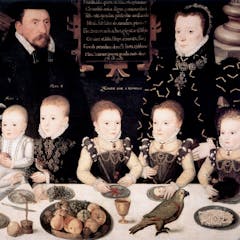
Cardiff University

Cardiff University is a world-leading, research excellent, educationally outstanding university, driven by creativity and curiosity, which fulfils its social, cultural and economic obligations to Cardiff, Wales and the world.
The University is recognised in independent government assessments as one of Britain’s leading teaching and research universities and is a member of the Russell Group of the UK’s research intensive universities. Among its academic staff are two Nobel Laureates, including the winner of the 2007 Nobel Prize for Medicine, University Chancellor Professor Sir Martin Evans.
Founded by Royal Charter in 1883, today the University combines impressive modern facilities and a dynamic approach to teaching and research. The University’s breadth of expertise encompasses: the College of Humanities and Social Sciences; the College of Biomedical and Life Sciences; and the College of Physical Sciences, along with a longstanding commitment to lifelong learning. Cardiff’s three flagship Research Institutes are offering radical new approaches to neurosciences and mental health, cancer stem cells and sustainable places.
We are pleased to partner with The Conversation to share Cardiff’s work, helping to make our discoveries and expertise, whether in science, technology, culture, politics or social affairs, widely accessible to all.
Links
Displaying 21 - 40 of 906 articles




















